Khazars
Origins and Early History
The Khazars were a semi-nomadic Turkic people who established one of the largest and most powerful polities of the Medieval period, known as the Khazar Khaganate. The origins of the Khazars are unclear, but they are generally believed to have emerged from the wider cultural and political milieu of the Turkic peoples in Central Asia during the early Middle Ages.
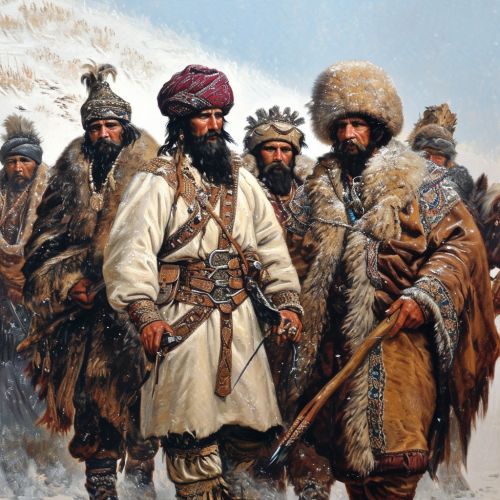

The Khazars first appear in historical records in the 6th century as part of the Göktürk Khaganate, a vast confederation of Turkic tribes that stretched from the steppes of Central Asia to the Black Sea. The Khazars were part of the western division of this confederation, known as the Onoğurs, which was situated in the Pontic-Caspian steppe.
Establishment of the Khazar Khaganate
The Khazar Khaganate was established in the late 7th century, following the collapse of the Göktürk Khaganate. The Khazars took advantage of the power vacuum to assert their independence and establish their own state. The Khaganate was a feudal state, with a ruling elite of Khazar nobility overseeing a diverse population of various ethnicities and religions.
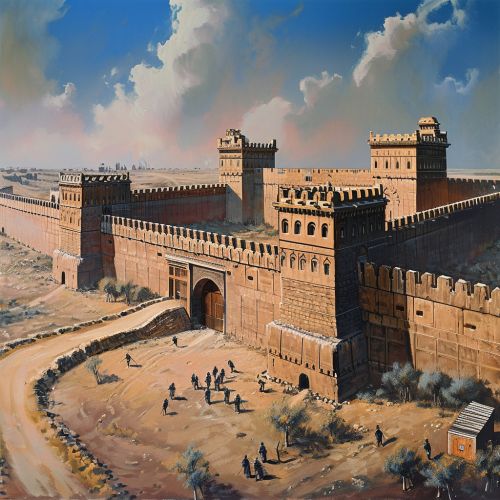

The Khaganate was characterized by a high degree of centralization, with the Khagan (ruler) and his court exercising significant control over the various regions of the state. The Khaganate was also notable for its religious tolerance, with a number of different faiths practiced within its borders, including Tengrism, Christianity, Judaism, and Islam.
Conversion to Judaism
One of the most significant events in the history of the Khazars was the conversion of the Khazar nobility to Judaism in the 8th century. The reasons for this conversion are not entirely clear, but it is generally believed to have been a political move designed to maintain the Khazars' independence from the Christian Byzantine Empire and the Muslim Caliphate, both of which were seeking to expand their influence in the region.

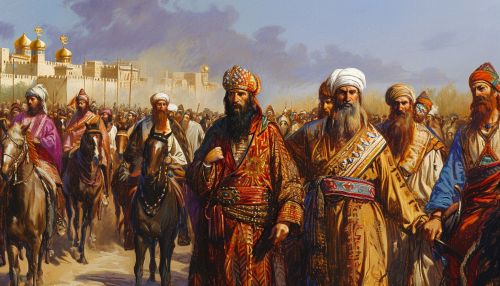
The conversion had a profound impact on the Khazar Khaganate, leading to changes in its legal and social systems, and influencing its relations with other states. It also led to the development of a unique Khazar-Jewish culture, which left a lasting legacy in the region.
Decline and Fall
The Khazar Khaganate began to decline in the 10th century, due to a combination of internal strife, economic difficulties, and external pressures. The Khaganate was eventually destroyed by the Rus' and the Cumans in the late 10th and early 11th centuries.
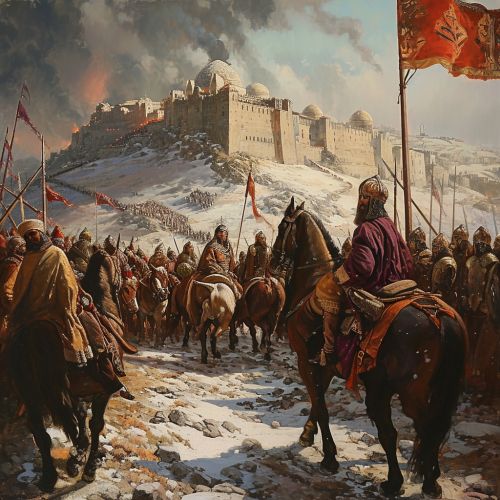
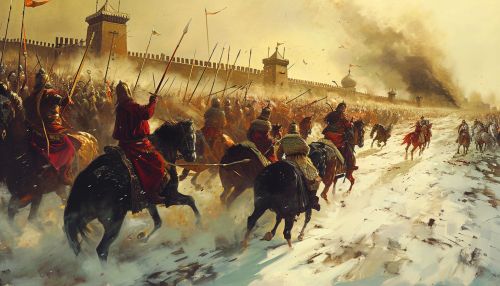
The fall of the Khaganate marked the end of Khazar political power, but the Khazar people continued to live in the region for several centuries, gradually assimilating into the surrounding populations.
Legacy
The Khazars left a significant legacy in the history of Eastern Europe and the Middle East. The Khazar Khaganate served as a buffer state between the Christian and Muslim worlds, helping to shape the political and religious landscape of the region. The Khazars' conversion to Judaism also had a lasting impact, influencing the development of Jewish communities in Eastern Europe.
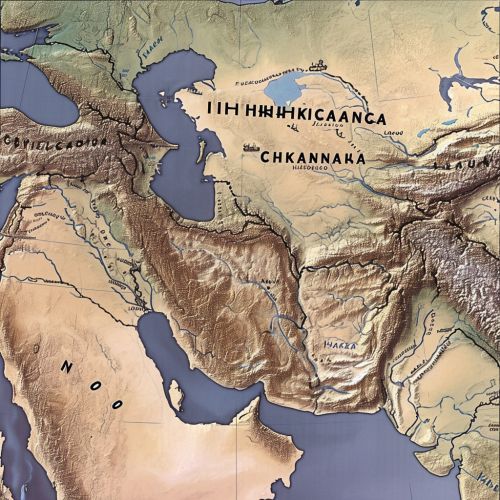
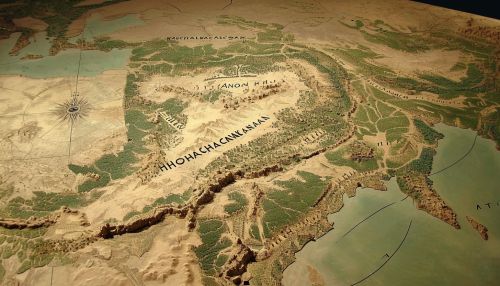
The Khazars have also been the subject of much speculation and controversy, particularly in relation to their conversion to Judaism and the possible connections between the Khazars and certain Jewish communities in Eastern Europe.
